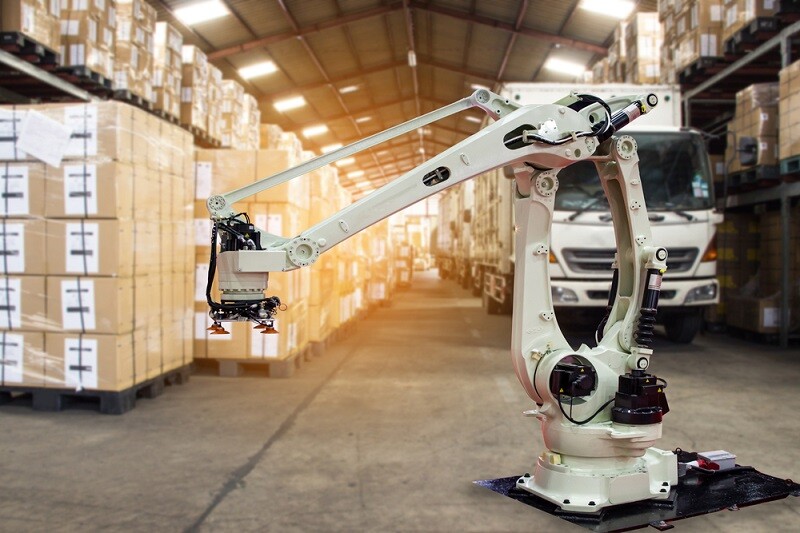The global shipping industry has changed more in the past few years than the previous half of a decade. Artificial intelligence is one of the biggest factors that is spearheading the evolution of this timeless industry.
Mike Konstantinidis, The CEO of METIS Cybertechnology provided an especially insightful critique of the impact AI has had on the industry. Konstantinidis points out that the shipping industry was reluctant to invest in new communication technologies during the late 1990s and early 21st century.
Artificial intelligence has made it easier for these companies to seamlessly integrate new shipping logistics and communication technology into their business models. Konstantinidis and other executives in the shipping and logistics industries have highlighted a number of reasons artificial intelligence is transforming their profession.
Here are some of the reasons ABS Group has provided as to why it is so important in the years to come. Shipping executives should inform themselves on these benefits and incorporate AI into their models accordingly.
Ensuring compliance with environmental regulations
New environmental regulations have been rolled out over the past decade. IMO 2020 is one of the most impactful environmental regulations to hit the industry. This new policy was announced last December and some of the details are still being worked out. What is the significance of this law? The UN International Maritime Organization has kept sulfur content in fuel oil for marine vessels at 0.5%, which will begin in 2020.
Fortunately, artificial intelligence will likely aid them in meeting complaints targets for this new law and other environmental policies moving forward. AI will help them develop more environmentally efficient vessels, find new fuel oil sources with lower sulphuric content and minimize their travel distances to lower their carbon footprint to reduce the likelihood of running a fowl with regulators.
Finding more efficient routes
Shipping companies are under increased pressure to reduce costs. Companies like Shiply work by carpooling deliveries on the same routes which helps, but the cost of operating a large shipping vessel can be enormous. It is also heavily dependent on volatile factors outside their control, such as oil prices.
According to Magaya, the cost of operating many ships fell from $40,000 a day to $20,000 a day between 2015 and 2016. One of the biggest factors for the decline was lower international oil prices.
On the surface, this sounds encouraging, at least in the short-term. However, it highlights how vulnerable the industry is to fluctuations in crude oil prices. If prices rebound in the future, the industry may face a serious loss.
Artificial intelligence is helping shipping companies create contingency plans for future surges in oil prices. They can use the most sophisticated GPS-based artificial intelligence solutions to create the most fuel-efficient shipping routes. This is also very important for a chilled courier service, where expectations for quick delivery turnaround are high.
Improving Security
International tensions have become more heightened in recent years. Shipping companies are particularly vulnerable to these problems. They are exposed to any number of risks as they travel across international waters.
Fortunately, artificial intelligence is helping them respond to these problems. They can use it to identify the risks they face and find the most appropriate security precautions to stop them. They can also use new tools to assess geopolitical risks abroad, so they can prepare for them before outlining a logistics strategy.
Artificial Intelligence is Shaping the Future of the Shipping Industry
The global shipping industry is going through a series of changes. Advances in AI are helping them respond to these problems. They can use new algorithms to mitigate security risks, ensure better compliance with new regulations and improve the cost-effectiveness of their operations. It will be particularly important for shipping companies that operate internationally.








